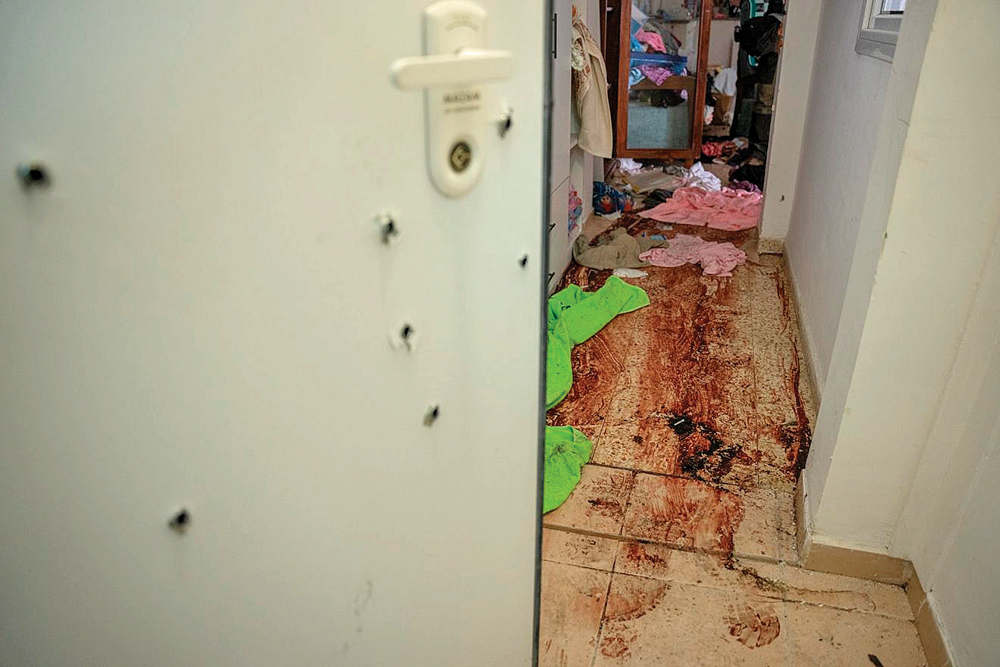Ada Sagi once learned Arabic to make friends with nearby Palestinians and taught others the language as a way to promote peace with Gaza.

A longtime peace activist who was kidnapped from southern Israel by Hamas on Oct. 7 and held hostage for 53 days told the BBC on Wednesday, June 19 that she had lost her belief in coexistence with the Palestinians.
“I don’t believe in peace, I don’t, sorry,” Ada Sagi said in her first interview with the British press since being freed in November. “I understand Hamas doesn’t want it.”
Sagi, a 75-year-old member of Kibbutz Nir Oz on the border with Gaza, learned Arabic to make friends with nearby Palestinians and taught others the language as a way to promote reconciliation with Gaza.
On Oct. 7, Sagi was kidnapped from the kibbutz during the Hamas-led invasion and was held in a family home in Gaza until she was released as part of the hostage-for-ceasefire deal with Hamas on Nov. 28.
Sagi told the BBC on Wednesday that, in the wake of the worldwide response to Hamas’s massacre, she now believes the world hates Jews.
In interviews with Israeli media earlier this month, the former captive revealed that Hamas is paying Palestinian civilians in the Gaza Strip up to 70 shekels ($19) a day to watch over Israeli hostages taken on Oct. 7.
Asked on June 2 by Israel’s Channel 12 News what would motivate a Gaza family with children to imprison Jews, Sagi said: “Money.
“I asked the owner of the apartment twice; he and the children looked after us. I saw that the apartment owner was receiving Israeli cash,” she said. “He was pleased the day that [hostage] Elad Katzir came to us, after 33 days, because I understood he received [payment] per capita.”
Sagi recalled an exchange with her captor. “He said: ‘I want a better future for my children and wife. I want to buy visas and not stay here; I want to go to Europe.’ He said: ‘I am uninvolved.’ I said: ‘How do you mean uninvolved if you took my freedom and I’m sitting here in your apartment?’”
According to Sagi, Palestinians who also work receive 20 shekels ($5) a day to guard the hostages, while unemployed students get a payment of 70 shekels ($19) from the terrorist organization for doing the same.
Sagi told Channel 12 that the youth she encountered during her 52 days in Gaza were “thrilled to go to their parents and bring them the money.”
In March, Nir Oz resident Irit Lahav, who used to belong to a group of volunteers who would drive Palestinians in need of medical treatment from Gaza to Israeli hospitals, told local media that she had come to understand that Hamas terrorists represent the Palestinian people.
“I used to think Palestinians were good people, like you and me. That Hamas were thugs who got in the way of the population’s desire for a good life,” said Lahav. “After Oct. 7, I realized I was wrong.”
Kibbutz Nir Oz was among the hardest hit during Hamas’s Oct. 7 assault. One in every four residents was either killed or kidnapped.









